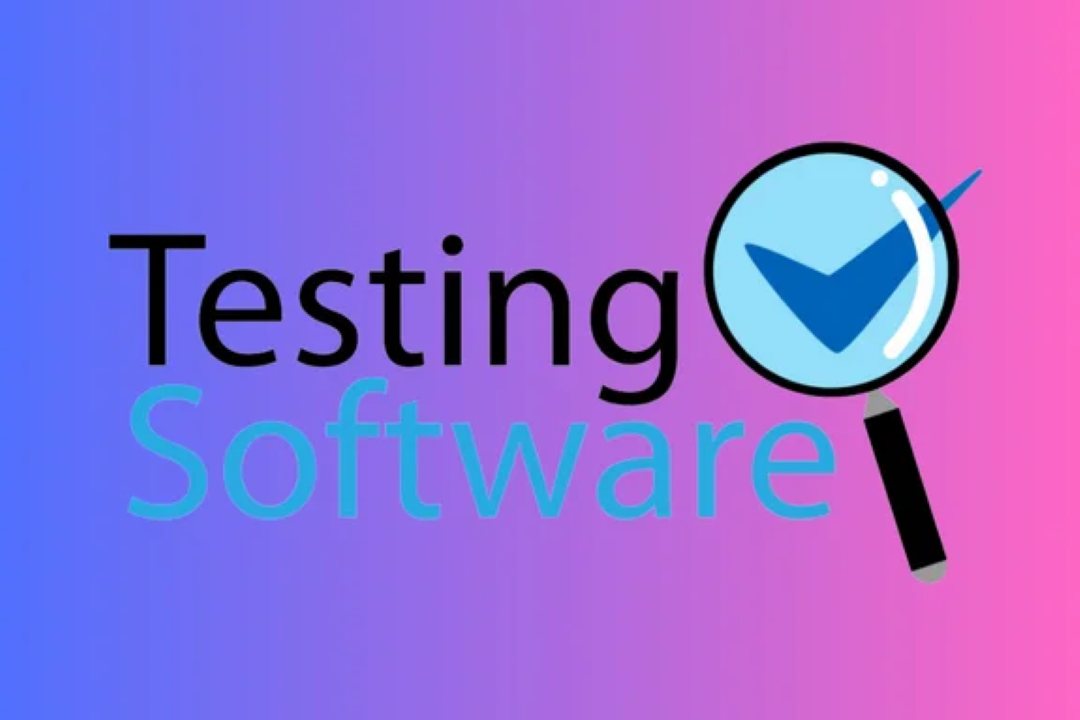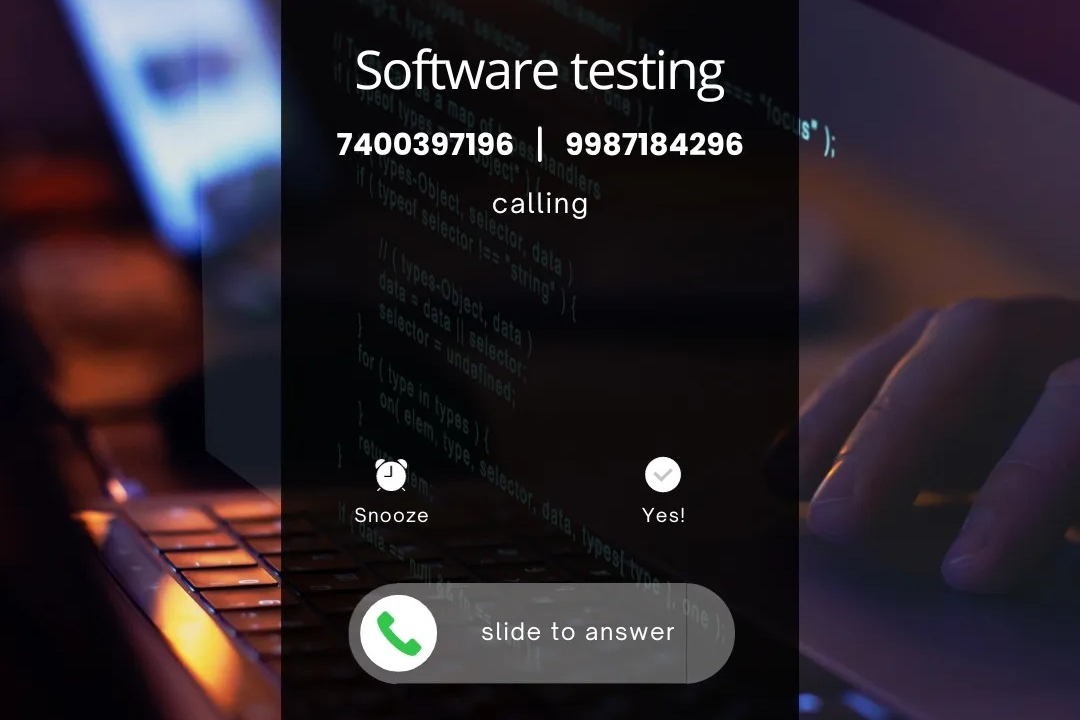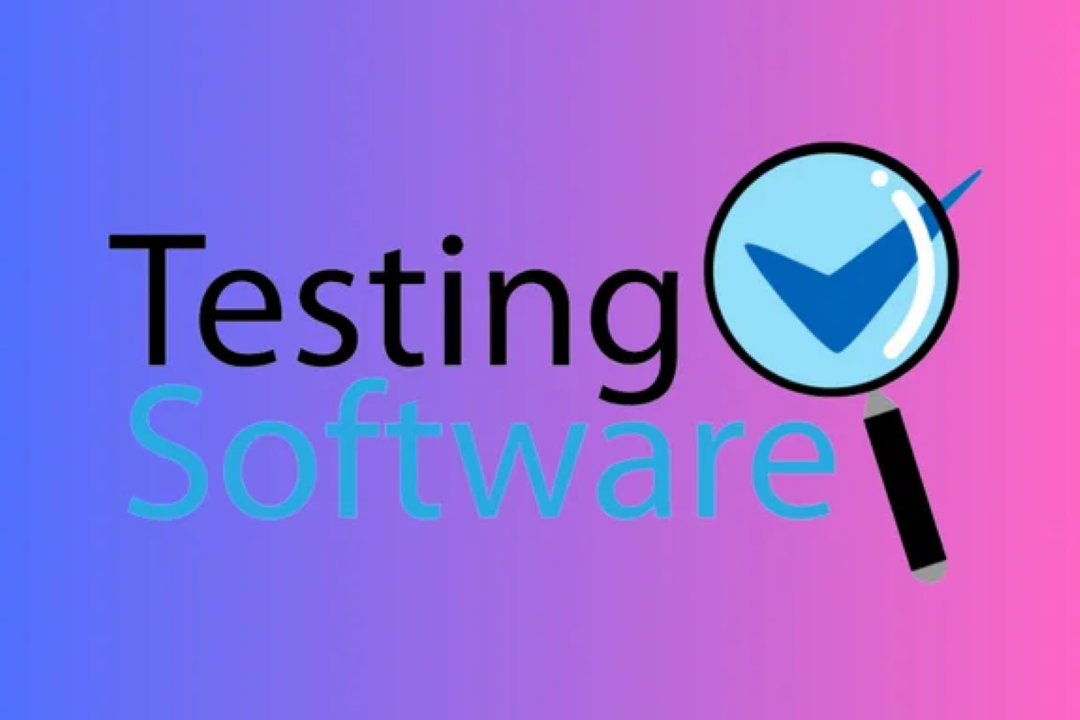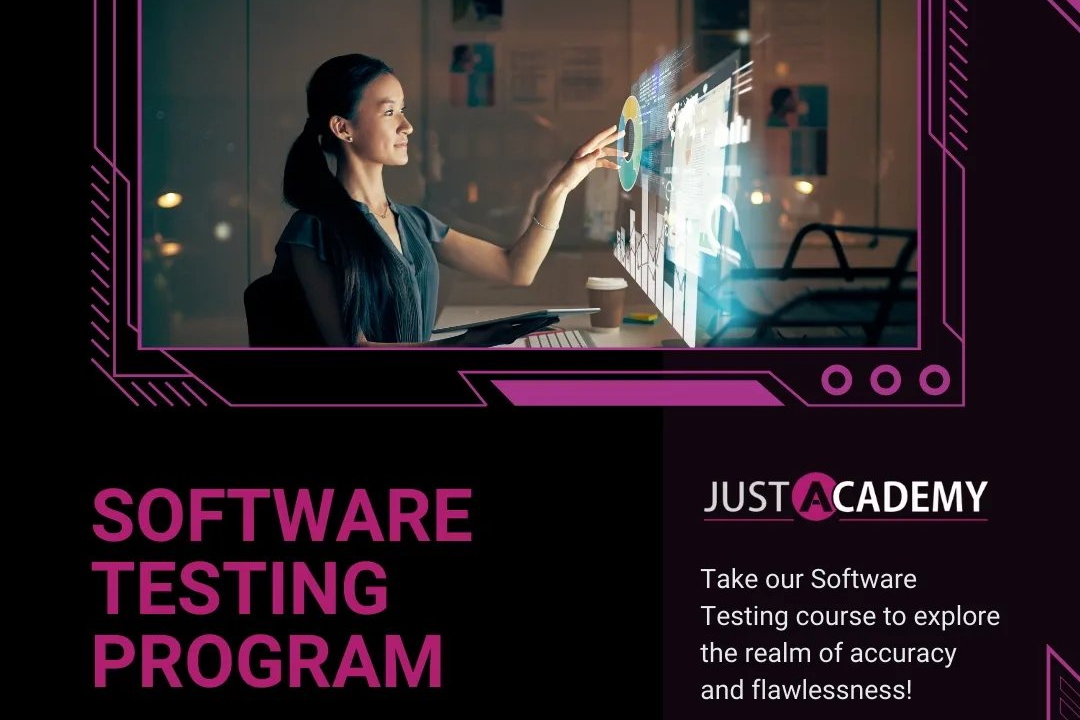best React Native development company in calgary
In Calgary, one of the best React Native development companies is recognized for its exceptional ski
best React Native development company in calgary
One of the top React Native development companies in Calgary stands out due to its proven expertise in delivering high-performance, cross-platform mobile applications. By utilizing React Native, this company enables businesses to reach a broader audience without the need for separate codebases for iOS and Android, significantly reducing development time and costs. Its focus on real-time project collaboration ensures that clients are actively involved in the development process, resulting in applications that truly meet user needs and business objectives. The combination of innovative design, robust functionality, and a commitment to quality positions this company as an essential partner for organizations looking to enhance their mobile presence effectively.
To Download Our Brochure: https://www.justacademy.co/download-brochure-for-free
Message us for more information: +91 9987184296
One of the top React Native development companies in Calgary stands out due to its proven expertise in delivering high performance, cross platform mobile applications. By utilizing React Native, this company enables businesses to reach a broader audience without the need for separate codebases for iOS and Android, significantly reducing development time and costs. Its focus on real time project collaboration ensures that clients are actively involved in the development process, resulting in applications that truly meet user needs and business objectives. The combination of innovative design, robust functionality, and a commitment to quality positions this company as an essential partner for organizations looking to enhance their mobile presence effectively.
Course Overview
The “Best React Native Development Company in Calgary” course offers participants an in-depth exploration of the skills and knowledge required to excel in the field of mobile application development using React Native. This course covers a comprehensive curriculum that includes key topics such as React Native fundamentals, building user interfaces, working with APIs, and integrating real-time project scenarios to simulate the development process. Participants will gain hands-on experience through practical exercises and projects, enabling them to understand the nuances of developing high-performance, cross-platform applications. With a focus on industry best practices and the latest technologies, this course prepares aspiring developers to thrive in a competitive job market and equips them with the expertise needed to contribute effectively to leading React Native development companies.
Course Description
The “Best React Native Development Company in Calgary” course is designed to provide participants with a comprehensive understanding of mobile app development using React Native. This course covers essential topics such as building customizable user interfaces, managing application state, and integrating with external APIs, all while emphasizing real-world applications through hands-on projects. By combining theoretical knowledge with practical experience, students will develop the skills necessary to create high-quality, cross-platform mobile applications, making them competitive candidates in the thriving tech industry in Calgary. Whether you’re a beginner or looking to enhance your current skills, this course equips you with the tools to succeed in React Native development.
Key Features
1 - Comprehensive Tool Coverage: Provides hands-on training with a range of industry-standard testing tools, including Selenium, JIRA, LoadRunner, and TestRail.
2) Practical Exercises: Features real-world exercises and case studies to apply tools in various testing scenarios.
3) Interactive Learning: Includes interactive sessions with industry experts for personalized feedback and guidance.
4) Detailed Tutorials: Offers extensive tutorials and documentation on tool functionalities and best practices.
5) Advanced Techniques: Covers both fundamental and advanced techniques for using testing tools effectively.
6) Data Visualization: Integrates tools for visualizing test metrics and results, enhancing data interpretation and decision-making.
7) Tool Integration: Teaches how to integrate testing tools into the software development lifecycle for streamlined workflows.
8) Project-Based Learning: Focuses on project-based learning to build practical skills and create a portfolio of completed tasks.
9) Career Support: Provides resources and support for applying learned skills to real-world job scenarios, including resume building and interview preparation.
10) Up-to-Date Content: Ensures that course materials reflect the latest industry standards and tool updates.
Benefits of taking our course
Functional Tools
1 - React Native
React Native is the core framework used in the course, enabling students to create mobile applications for both iOS and Android platforms. This open source framework, developed by Facebook, allows developers to write in JavaScript while rendering native components. Students will learn how to leverage React Native's component based architecture, which simplifies the development process and improves efficiency. The framework offers a rich ecosystem of libraries and tools that enhance app functionality and user experience, making it a preferred choice among developers.
2) Expo
Expo is a set of tools built around React Native, providing a streamlined development workflow. It allows students to build, deploy, and iterate on their applications more rapidly without needing extensive configuration. The course covers using Expo for managed app development, enabling students to access a plethora of APIs, components, and development functionalities with minimal setup. By using Expo, students can quickly test their applications on physical devices and access over the air updates, enhancing the overall development experience.
3) Visual Studio Code (VS Code)
Visual Studio Code is the recommended code editor for the course, praised for its flexibility and extensive features. Students will explore its robust debugging capabilities, integrated terminal, and Git version control support. The course will also delve into utilizing various extensions, such as Prettier and ESLint, to maintain clean and efficient code. VS Code's user friendly interface makes it an ideal choice for both beginners and experienced developers, providing an efficient environment for coding React Native applications.
4) Redux
Redux is a state management library that plays a crucial role in building scalable React Native applications. The course will introduce students to Redux's architecture, including actions, reducers, and the store, allowing them to manage complex application states effectively. By implementing Redux, students will learn how to maintain consistent data flow within their applications, making them easier to debug and test. This knowledge is essential for developing large scale applications with multiple interconnected components.
5) Firebase
Firebase is a comprehensive backend as a service platform that enhances mobile application capabilities. The course will cover how to integrate Firebase services, including real time databases, user authentication, and cloud storage, into React Native applications. Students will learn how to utilize Firebase to manage their app's data and user interactions seamlessly. The practical knowledge of integrating Firebase allows students to design and deploy fully functional applications that can scale according to user needs.
6) Postman
Postman is an essential tool used for API testing and documentation, which students will encounter during the course. Understanding how to effectively use Postman allows students to test their app's backend services, ensuring that requests and responses function correctly. The course will teach students how to create and manage API requests, analyze responses, and troubleshoot issues. Familiarity with Postman enriches their skills in backend integration, providing a more robust development workflow for their React Native applications.
Here are additional key points to consider for the components of your React Native course:
7) Navigation
Understanding navigation is crucial for mobile application development. The course will cover React Navigation, a popular library that enables students to implement various navigation patterns, such as stack, tab, and drawer navigation. Students will learn how to manage screen transitions and pass data between screens, which is vital for creating a seamless user experience. Mastering navigation strategies enhances the usability of applications, making them more intuitive for end users.
8) Styled Components
Styled Components is a library that allows developers to use component level styles in their applications. The course will introduce students to styling React Native components using this approach, which leverages tagged template literals to write CSS in JavaScript. This method promotes cleaner code and improves component readability. Students will learn how to create dynamic styles based on props and global themes, facilitating a better design experience.
9) Testing Frameworks
Quality assurance is essential for any application. The course will teach students about testing frameworks such as Jest and React Native Testing Library. They will learn how to write unit and integration tests to ensure their application functions correctly and meets user requirements. By incorporating testing into their development process, students can detect and fix bugs early, leading to more reliable and stable applications.
10) APIs and RESTful Services
A firm understanding of how to work with APIs is fundamental for modern app development. The course will cover RESTful services, teaching students how to connect their React Native applications to external APIs. This includes making network requests, handling responses, and managing asynchronous operations. By integrating APIs, students will learn how to extend their applications' functionality, bringing in dynamic content and features from various sources.
11 - Debugging and Performance Optimization
Efficient debugging practices and performance optimization techniques are critical skills. The course will focus on utilizing tools like React Native Debugger and Flipper for troubleshooting application issues. Additionally, students will learn how to identify performance bottlenecks and apply optimization strategies, such as component memoization and lazy loading, to ensure their applications run smoothly on all devices.
12) Deployment & App Store Submission
Understanding the deployment process is vital for bringing applications to market. The course will cover how to prepare a React Native application for release, including configuring build settings for iOS and Android. Students will learn the steps for submitting their apps to the App Store and Google Play, along with best practices for app store optimization (ASO) to improve visibility and downloads.
13) Real Time Data with WebSockets
For applications that require live data updates, such as chat apps or collaboration tools, the course will introduce WebSocket technology. Students will learn how to establish a WebSocket connection for real time communication, making their applications more interactive and responsive. Understanding how to implement WebSockets equips students with the ability to build dynamic applications that enhance user engagement.
14) App Monetization Strategies
Monetizing a mobile application can be crucial for its success. The course will explore various monetization strategies, including in app purchases, subscriptions, and ad integration. Students will learn how to implement ads using services such as Google AdMob and how to create premium features that enhance user experience while generating revenue. This knowledge prepares students to think about their applications from a business perspective.
15) Version Control with Git
Version control is essential for collaborative development. The course will introduce students to Git and platforms like GitHub. They will learn how to manage code versions, collaborate with others, and maintain project history. Understanding Git’s branching and merging strategies enables students to work more effectively in teams and manage large scale projects successfully.
These points provide a comprehensive overview of the vital skills and knowledge areas covered in the React Native course, equipping students with the tools they need to excel in mobile application development with JustAcademy.
Browse our course links : https://www.justacademy.co/all-courses
To Join our FREE DEMO Session:
This information is sourced from JustAcademy
Contact Info:
Roshan Chaturvedi
Message us on Whatsapp: +91 9987184296
Email id: info@justacademy.co
Android App Development Training In Noida










